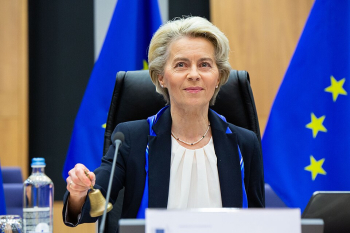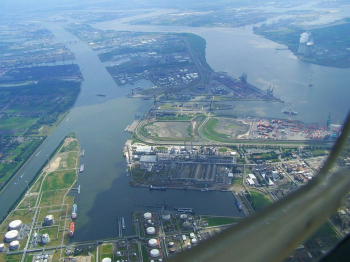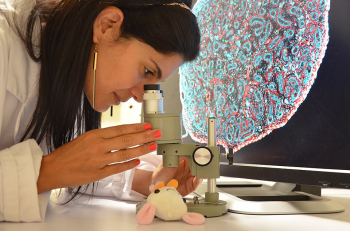
Today, at the Our Ocean Conference (OOC) in Palau, the EU has renewed its pledges towards international Ocean governance. Presenting a list of
44 commitments for the 2020-2022 period for an amount of almost €1 billion, the EU has brought forward its most important commitments ever offered during an Our Ocean Conference, in terms of value.
The Our Ocean Conference is a key moment for countries across the world, civil society, and industry to commit to concrete and significant actions to protect the ocean. The theme of 2022 edition is ‘Our Ocean, Our People, Our Prosperity', and it draws global partners to identify solutions to sustainably manage marine resources, increase the ocean's resilience to climate change and safeguard its health for generations to come.
Commissioner for Environment, Oceans and Fisheries, Virginijus Sinkevičius, said: “The sum the EU is committing today is significant, but not as significant as the role that the ocean plays for our very existence. It provides us clean air, regulates the climate, hosts a large part of biodiversity on Earth and is key for our economy. The ocean is bringing all these benefits to us and we need to protect it. Our future depends upon it.”
At the Our Ocean Conference, the EU has taken commitments covering all the themes of this international event: marine protected areas; tackling marine pollution; confronting the ocean-climate crisis; creating sustainable blue economies; advancing sustainable small-scale fisheries and aquaculture; and achieving a safe, just and secure ocean. The EU has also developed a commitment tracking tool to allow citizens to follow the progress of the implementation of the commitments.
The EU is conscious of the challenges facing the ocean and has put a strong focus this year for protecting and restoring it, for example by contributing to initiatives such as the One Ocean Summit (in February, Brest) and the forthcoming UN Ocean Conference (in June-July, Lisbon). The EU is also currently updating its International Ocean Governance Agenda to take into account in a comprehensive way ocean challenges and recent developments, but also opportunities presented by the European Green Deal.
The EU remains fully engaged in the Our Ocean process, and stands ready to assume its responsibility in relation to international ocean governance as a firm supporter of multilateralism.
Examples of flagship commitments
Almost €500 million over the period 2021-2023 will go to research, development and innovation in seed funding (i.e. funding to start a business) for the Horizon Mission ‘Restore our Ocean and Waters by 2030'. The ‘Mission Ocean' will address the ocean and waters as one and play a key role in achieving climate neutrality and restoring nature. It will help achieve the EU objectives of protecting 30% of the Member States' sea area as well as restore marine eco-systems, prevent and eliminate pollution by reducing plastic litter at sea, nutrient losses and use of chemical pesticides, and help the further development of a sustainable and circular blue economy.
The EU has also announced a contribution of €55 million over two years to strengthen marine environmental monitoring and monitoring of climate change, through its satellite monitoring programme, Copernicus, and in particular the WEkEO service that allows the international research community to access in one place all products describing the past, present and future of the earth system together with online tools for environmental science on cloud computing facilities.
Background
Originally launched in 2014, the Our Ocean Conference took place in the US in 2014 and 2016. Chile hosted it in 2015, the EU in 2017 (in Malta), Indonesia in 2018 and Norway in 2019. Throughout the six previous conferences, participants have made more than 1,400 commitments worth approximately $91.4 billion and protected at least five million square miles of ocean. This 7th edition, co-convened by President Surangel Whipps Jr. of Palau and the US Special Presidential Envoy for Climate John Kerry, is all the more important as it will help draw attention to one of the most ocean-dependent and climate change-prone regions. Photo by Edward Kimmel from Takoma Park, MD.

















